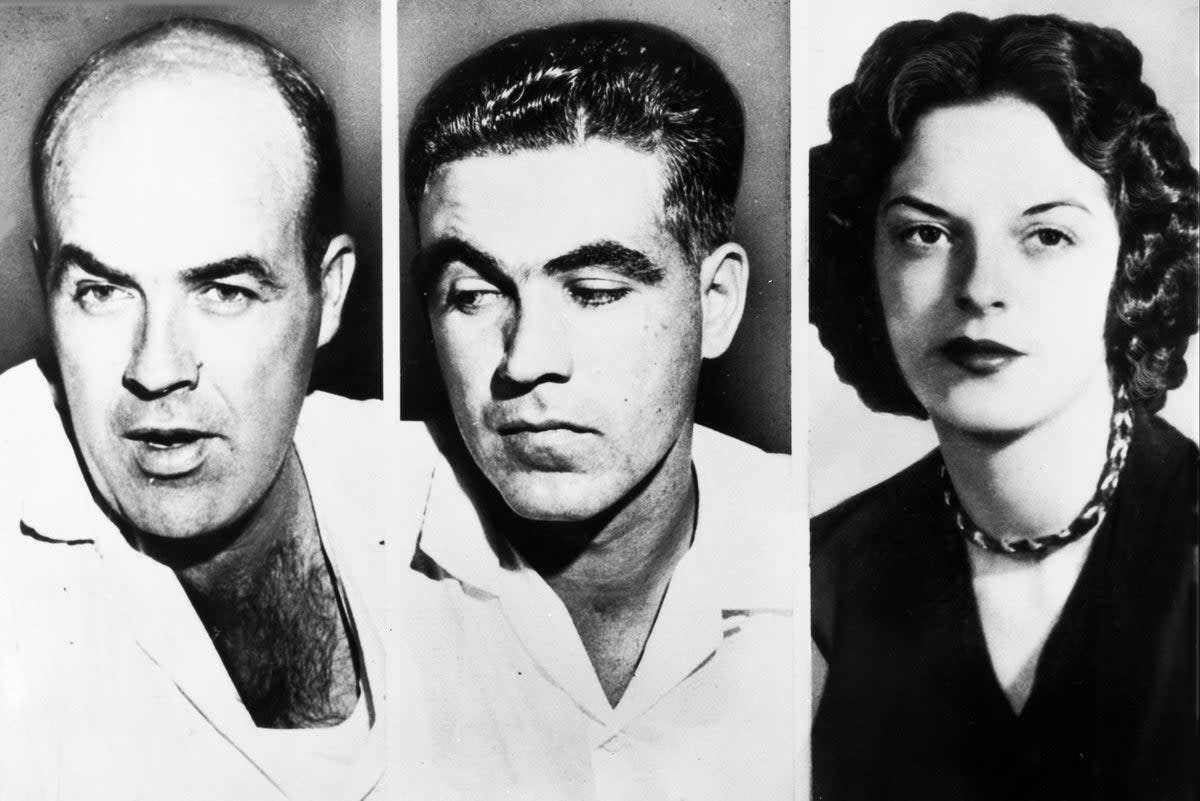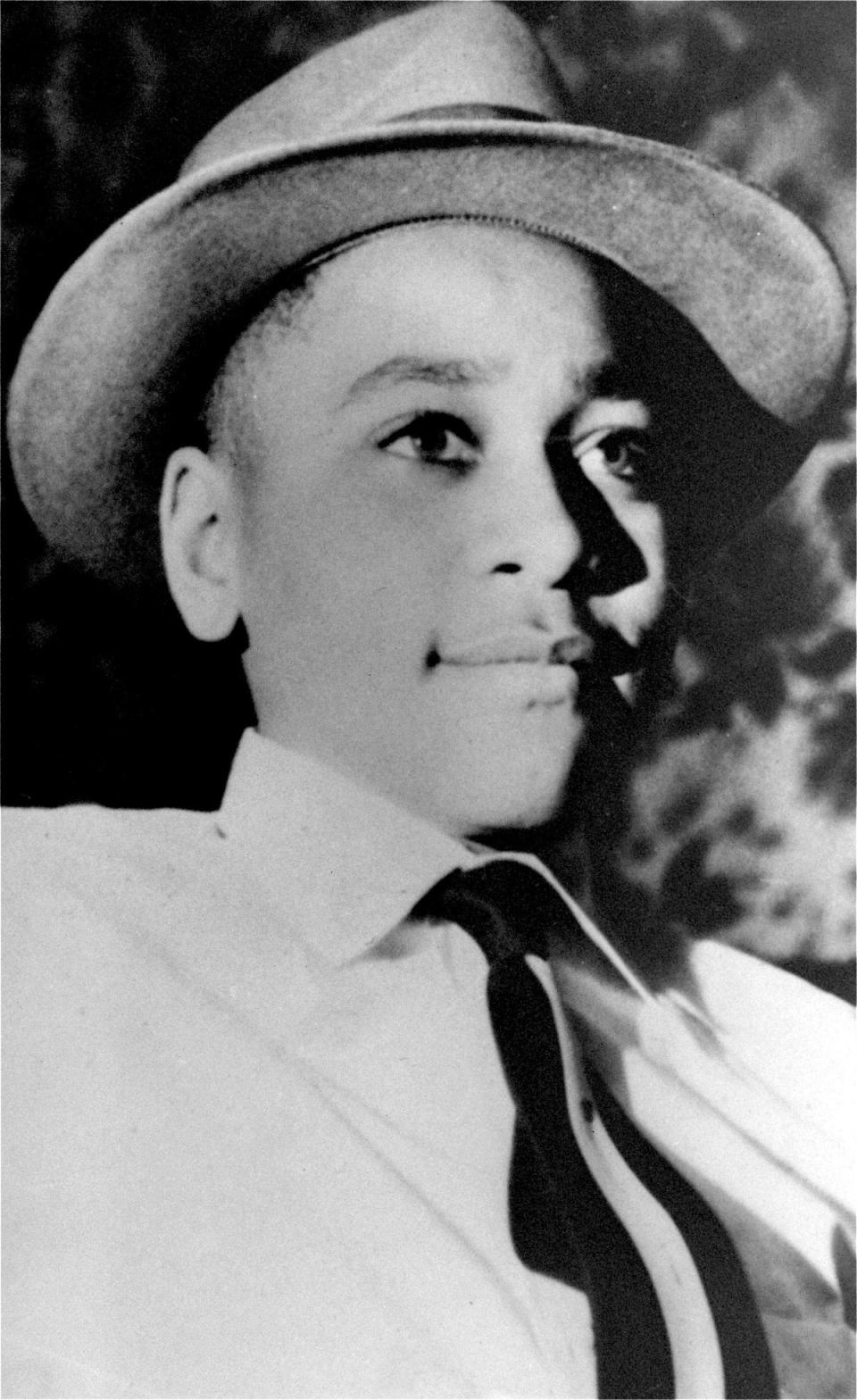Emmett Till’s family call for woman’s arrest after 67-year-old warrant found

The relatives of Emmett Till, an African-American teenager who was lynched and tortured in 1955, have demanded a woman be arrested after an unserved warrant was discovered nearly 70 years on.
The warrant, charging a white woman, Carolyn Bryant Donham, was discovered last week in a Mississippi courthouse basement, Clerk Elmus Stockstill said.
There was no indication where the warrant, dated August 29, 1955, might have been, he said, but researchers “got lucky” in finding it.
Emmett, then aged 14, was tortured and killed after Donham accused him of making improper advances towards her at a family store in Money, Mississippi.
An all-white jury cleared her husband Roy Bryant and his half-brother JW Milam of abducting and killing Emmett, although they later publicly admitted their guilt.
The search group who found the warrant included two Till relatives: a cousin, Deborah Watts, and her daughter, Teri Watts.

Now they have urged authorities to use the warrant accusing Donham of kidnapping to arrest her. “Serve it and charge her,” Teri Watts said.
The arrest warrant against Donham was publicised at the time, but the Leflore county sheriff told reporters he did not want to “bother” the woman as she had two young children to care for.
Now in her 80s, Donham has not commented publicly on calls for her prosecution.
The district attorney, Dewayne Richardson, whose office would prosecute a case, declined to comment on the warrant.
Contacted by the Associated Press on Wednesday, Leflore county sheriff Ricky Banks said: “This is the first time I’ve known about a warrant.”
Banks, who was seven years old when Till was killed, said “nothing was said about a warrant” when a former district attorney investigated the case five or six years ago.
If the warrant can still be served, Banks said, he would have to talk to officers in the state where Donham lives.
An arrest warrant from 1955 almost certainly would not pass muster before a court, according to Ronald J Rychlak, a law professor at the University of Mississippi, who said they can “go stale” with the passage of time.
However, he said the original arrest warrant “absolutely” could be an important stepping stone towards any new prosecution.
At the end of last year, officials at the Department of Justice closed an investigation into the murder, and said they would not pursue any new charges.

 Yahoo Lifestyle
Yahoo Lifestyle 
